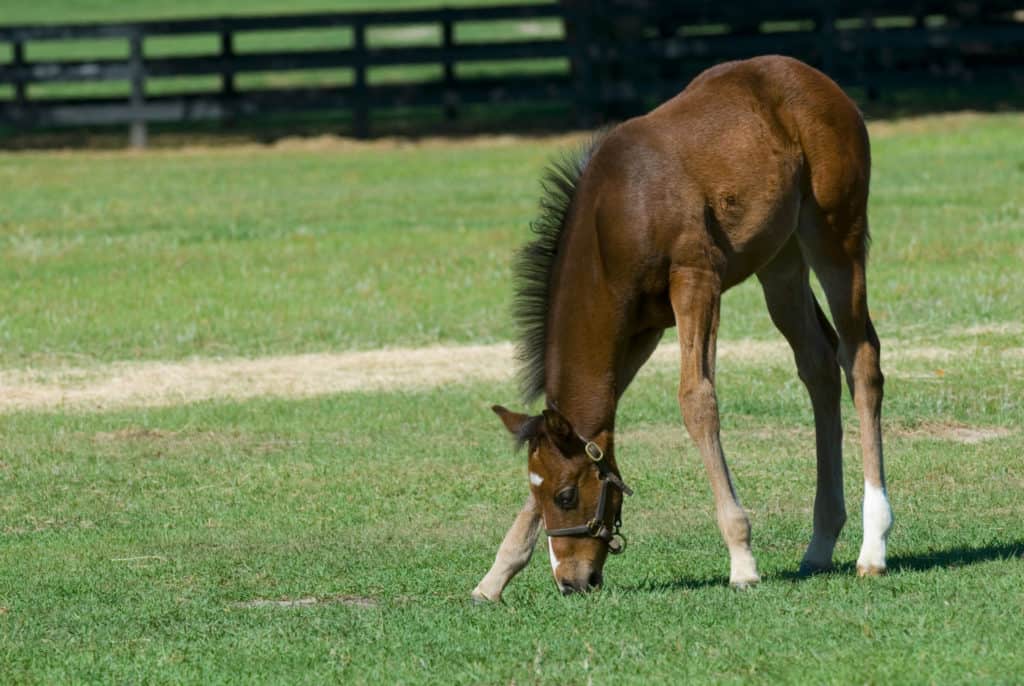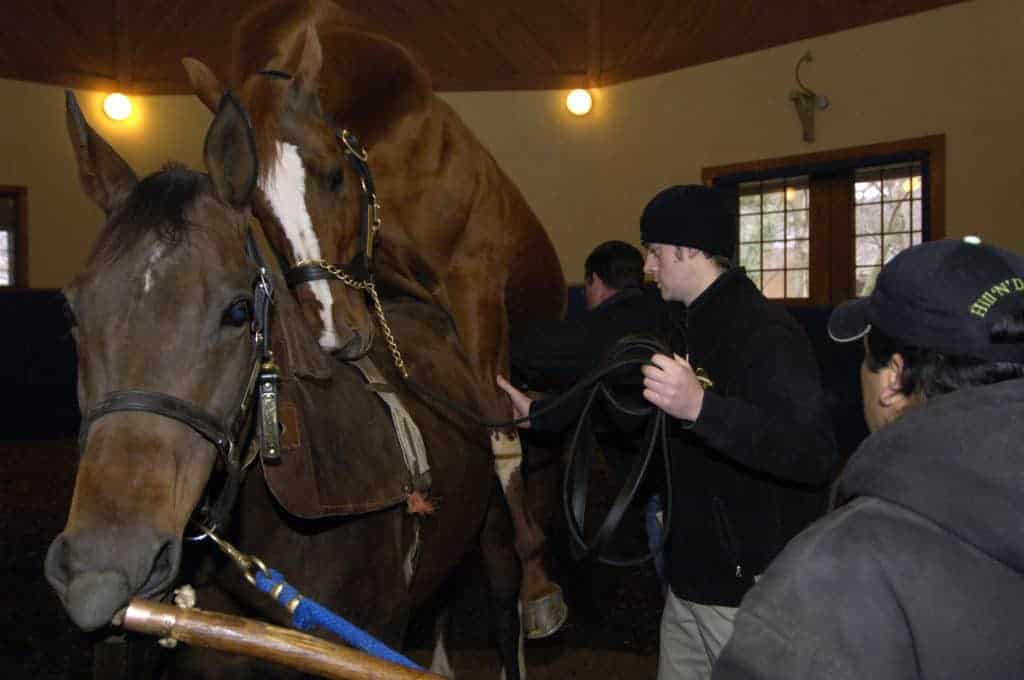Knowing Signs of Approaching Foaling Useful for Horse Breeders
Expected birth date is an age-old question for horse breeders tending to four-legged mothers-to-be. Most mares are bred naturally in a scheduled breeding with the stallion or through artificial insemination. Dave Freeman, PhD, Oklahoma State


















